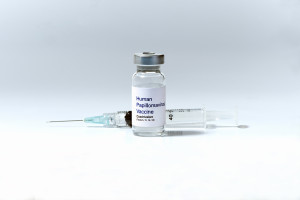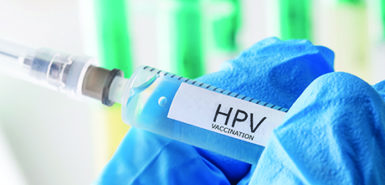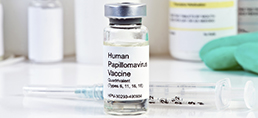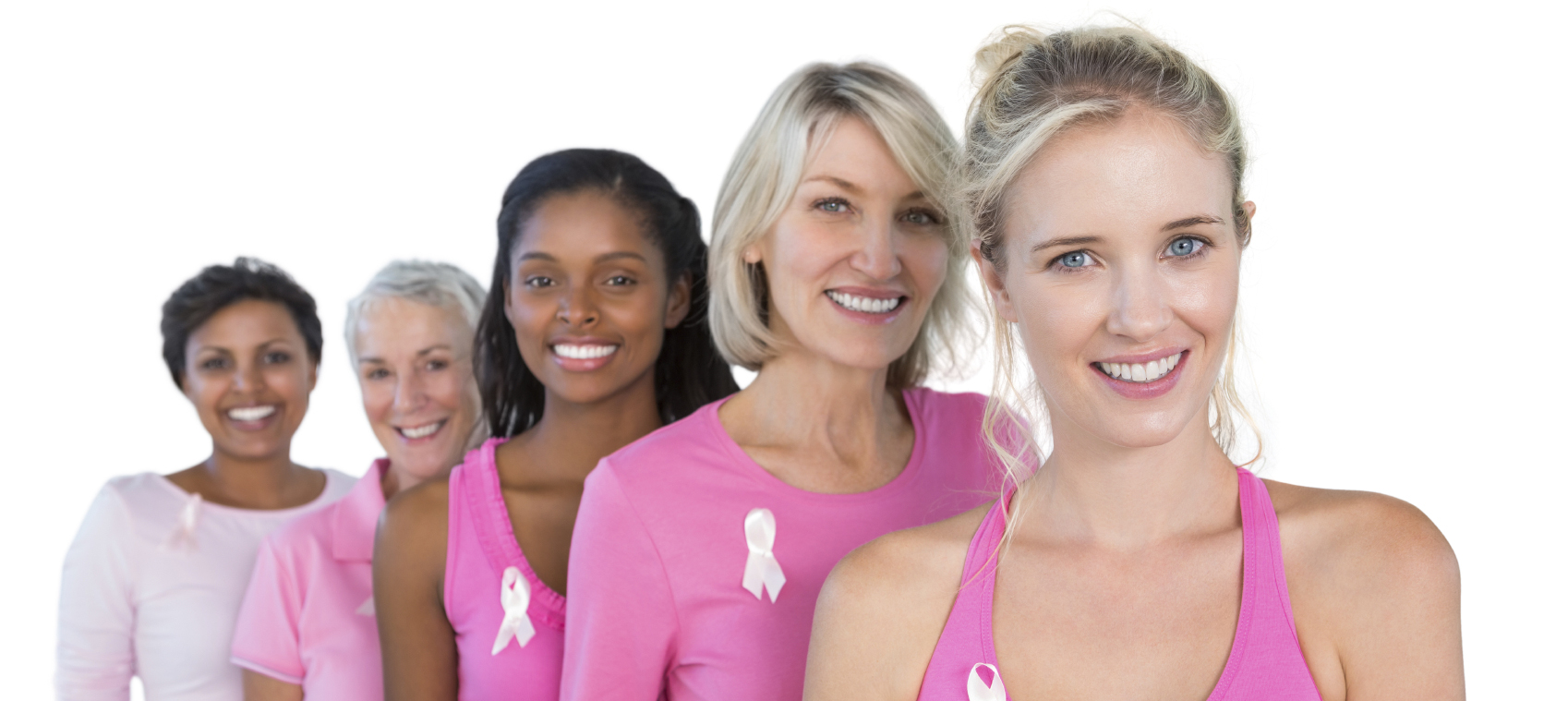
School is back in session, and if your child has had his or her annual checkup, their doctor might have talked to you about the importance of kids and adults obtaining the human papillomavirus (HPV) vaccine.
The HPV vaccine can prevent genital warts and penile cancer in men; cancer of the cervix, vagina and vulva in women; and anal and throat cancer in both men and women.
The HPV vaccine keeps the body from becoming a carrier even if a person is exposed to the virus through sexual contact.
A patient of mine I’ll call Deb recently went through some fairly intense testing to rule out cervical cancer, and it was very stressful for her.
She came to see me for her annual exam and Pap smear, and she had experienced abnormal Paps in the past. She even had to have a colposcopy to make sure she didn’t have cervical cancer. Fortunately, Deb did not have cancer, but she wanted to make sure her kids wouldn’t have to endure the same procedures and worries she endured.
I recommended the HPV vaccine to give her some reassurance for her children.
The HPV vaccine is available in three different brands, each covering two, four or nine different types of the virus. The vaccine is given in three doses within a 24-week period. It can be given to both boys and girls and it has been shown to be safe and effective for females and males between the ages of 11 and 29.
The vaccine can also be given even if the person already has the HPV virus, because it can protect against other types of viruses as well. The optimal range for girls and boys to receive the first shot is between the ages of 11 and 12, because the immune response is better the earlier it is given. In addition, whether or not we like to think about it, kids often have sex before we suspect they do.
In countries where vaccines are more mandated, the HPV vaccine rate is approximately 80 percent. In the U.S. the rate is 54 percent for the first shot and only 33 percent for all three shots. The higher the rate of vaccination, the fewer the women who will develop cervical cancer.
Bottom line: Get your kids vaccinated.
So, why is our vaccination rate so low compared to other countries? In a survey, parents gave the following reasons for choosing not to get their kids vaccinated against HPV:
- They think the vaccine is unnecessary.
- They think the vaccine is ineffective.
- They think the vaccine is unsafe.
- They don’t understand the details of the HPV vaccine.
- They don’t think their children would have sex that young.
Health care providers know the vaccine is safe, effective and necessary—and they know that parents need to learn more about the vaccine and appreciate the reality that some children will have sex at a young age. There is excellent information available to support the decision to vaccinate kids early.
I am happy that Deb trusted me and was willing to consider the vaccine to reduce her daughter’s chance of having abnormal Pap smears in the future.
Even if the shot has been given, it is still important to screen for HPV and abnormal cells on the cervix. Pap smears should be started at age 21 and performed every three years after that.
I follow the recommended guidelines to start co-testing of the Pap and HPV at age 30; if the results are negative, repeat the test every three years. If there are abnormal cells present, the next step is to do a colposcopy, where we look at the cervix with a telescope and take a biopsy of the cervix.
Of course, there are several other ways to prevent the HPV virus, and I told Deb to give the following advice to her children:
- Do not smoke.
- Use a condom every time.
- Delay sex until after age 15.
Deb appreciated the information I shared with her and scheduled appointments for her kids to get their vaccines during their checkups.
As a gynecologist who has had to perform hysterectomies on many women because of cervical cancer, I’m very happy that Deb made the choice to have her kids vaccinated.
 /a>
/a>
 /a>
/a>
 /a>
/a>